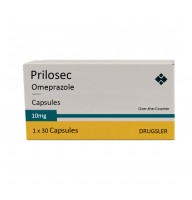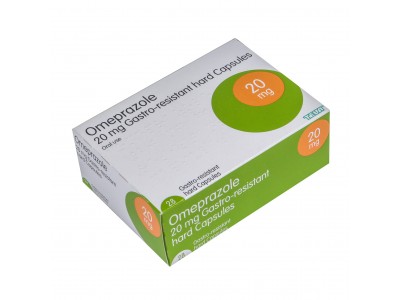It is possible for omeprazole from different manufacturers to seem different and to potentially feel less effective, even though it contains the same active ingredient. Several factors can contribute to this perception. Variations in the inactive ingredients, or excipients, used by different manufacturers can affect the drug's absorption, stability, and overall efficacy. These excipients can influence how quickly the medication dissolves and is absorbed in the gastrointestinal tract, leading to differences in how quickly or effectively it works.
The manufacturing process itself can also play a role. Differences in the production methods, quality control standards, and even the physical form of the medication (such as tablet versus capsule) can lead to variations in the drug's performance. Although these differences are typically minor and within acceptable regulatory limits, they can be noticeable to some patients, particularly those who are sensitive to changes in their medication.
Moreover, psychological factors can contribute to the perception of reduced effectiveness. If you are aware that the medication is from a different manufacturer and it appears different in size, shape, or color, this can affect your expectations and perception of its efficacy. This phenomenon, known as the nocebo effect, can make you feel that the medication is less effective simply because it is different from what you are used to.
If you experience a significant change in the effectiveness of your omeprazole or have new or worsening symptoms, it is important to consult with your healthcare provider. They can help determine if the perceived difference is due to the change in manufacturer or if there might be other underlying issues that need to be addressed. Your healthcare provider can also explore alternative solutions, such as prescribing a different formulation or brand that works better for you.

